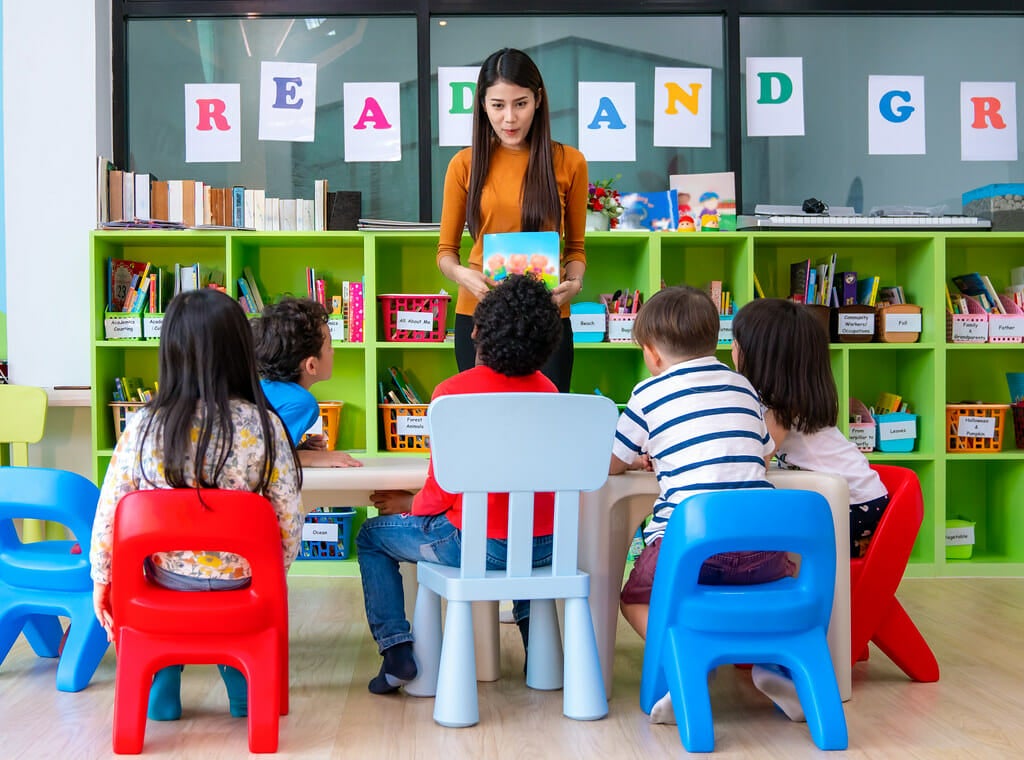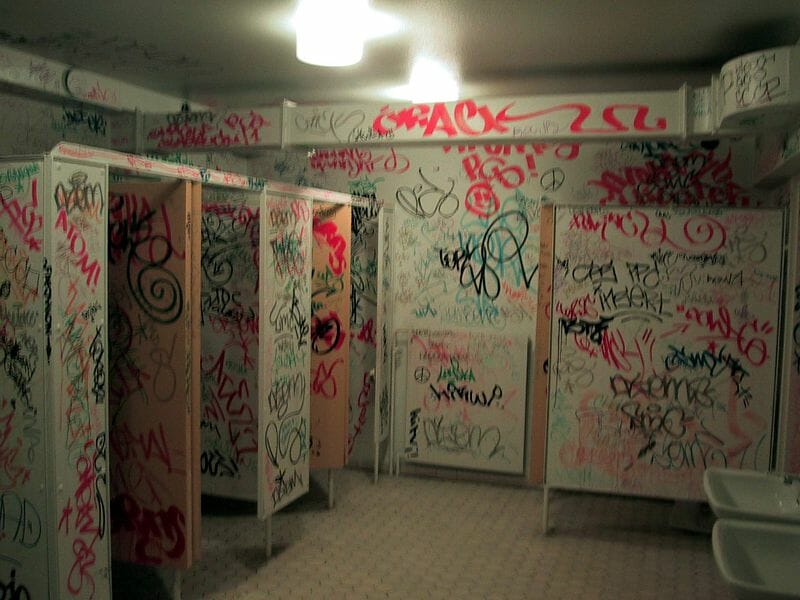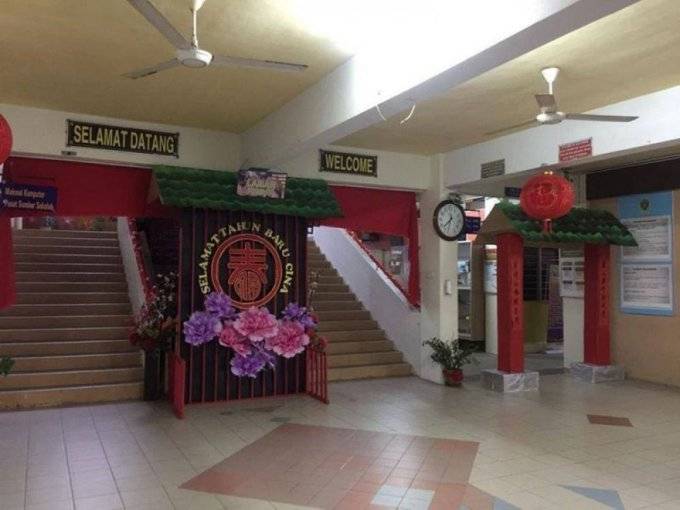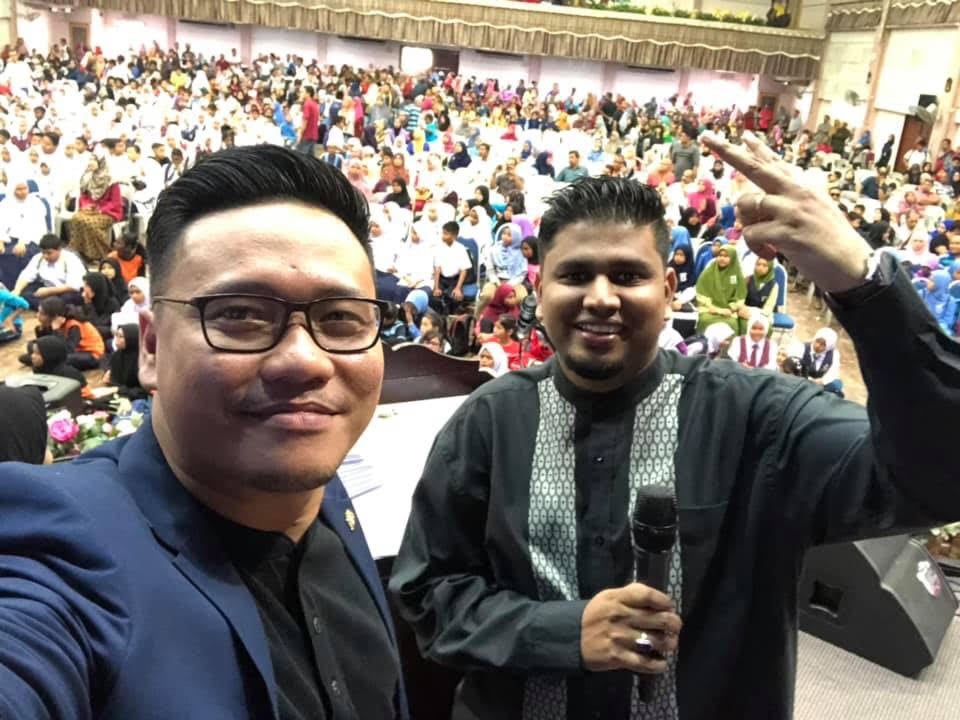
[image via daily express]
In recent months, a series of controversies have erupted around the Malaysian education system, culminating in the surprise resignation of the current Education Minister, Maszlee bin Malik.
To some, the writing on the wall were Maszlee’s controversial policies — such as the inclusion of Jawi into the national school syllabus.
All of this appears to be a misdirection of the real issues at hand:
For some time now, the quality and standard of our national schools have been on the decline.
But why are we dissatisfied with our education system? Here’s what Malaysians have to say:
When teachers have to do homework
Suzanne is a teacher at a government school. She has been teaching for 5 years.
Now in her late twenties, she divides her tasks between administrative duties and teaching her class of 40 students.

[image via flickr]
Sitting with her on a sunny day outside a cafe, I could tell she was tired and stressed.
“Even in the holidays, I don’t get a break. There’s lots of marking to be done. Sometimes, I wonder if I’m really a teacher or a glorified admin assistant,” Suzanne said, with bags under her eyes.
Because of this, the standard of education provision slips, based on how well a school manages its teachers’ roles.
Apart from that, there was the added stress of teaching to students from lower income backgrounds who had no interest in learning as it did not apply to their life situation.
Rough schools with rough crowds
Everyone knows at least one or two ‘rough schools’ who were infamous for their gangs and delinquency.
Leo went to a school in a shady neighbourhood, where his father was the head discipline teacher. Now a successful banker, he remembers his schooling years with some bemusement.
“Every other week, you’d have incidents of defaced school walls, smoking in the boys’ toilets, and one time a desk was set on fire,” chuckled Leo.
“There were abortions and births in toilets, and tampons left on the floor. It was very chaotic,” he reminisced with some embarrassment.
Leo acknowledged there’s only so much the teachers could do to manage the students, short of bringing in armed guards.
“I grew up in a poor neighbourhood. I sense that we were put in school just to keep us out of trouble. Gangs used to roam about causing fights, and keeping them in school was the only way to curb social ills. It felt like Grand Theft Auto in real life,” he explained.

[image via blogspot]
Shortsighted policies
One of the reasons for the poor handling of government schools was the multiple policy changes between 2000 to 2020. I spoke to Tan, a retired headmistress who used to manage a Convent of 2,400 students.
“During my time, in 2003, they made the switch to Maths and Science in English. Then in 2012, they switched back to Maths and Science in BM,” she explained in between sips of Earl Grey.
Under Tan Sri Muhyiddin Yassin, the policy of “Teaching Of Science and Maths in English” was replaced with the policy of “Upholding the Malay Language and Strengthening The Command of English.”
“We’ve had years and years of education policy changes that have had mixed results. Basically, this whole thing with Maszlee and the black school shoes is nothing new,” Tan said.
Tan was referring to the recent controversy around changing the official colour of all school shoes from white to black. The reasoning given was that it would help students spend more time on their studies and less time on the exercise of keeping their white shoes shiny.
But detractors have voiced out their disapproval, saying it was a non-issue that didn’t need addressing, and that Maszlee should have focused on more pressing matters, such as preparing students for the digital economy.
The constant flip-flopping of the policies have led to an education ministry in disarray, with many ideas half-implemented, some discarded and many others swept under the rug.
What do Malaysian parents think?
With the standard of national schools as they are, most Malaysian parents do not care about current issues like whether school shoes should be white or black.
They simply want the best school that provides the results (a mindset that is problematic in its own way, but this is a discussion for another day).
Selvi sends her two sons to Chinese school because it has the reputation of producing students who scored well in their UPSR.
“If we could trust the government schools to provide an optimal environment for our son to learn, we wouldn’t have put him in SRJK(C),” Selvi pointed out.
“Privately-run schools seem to be more efficient without all the bureaucratic red tape that government schools have to endure,” mused Carol, a student who went to both SRJK(C) and SMK.

[one chinese school in puchong was pressured to take down its decor — via the star]
The future of education in Malaysia
For those of us who have lived in Malaysia, all of this feels all too familiar. But is there a silver lining?
“Malaysia’s education system is failing our youth. But with the internet, there’s been an explosion of literacy amongst the kids. Especially Gen-Z, who grew up watching Youtube like it is second nature.”
Advances in technology are filling the gaps that our education system are lacking in.
For example, JuaraUPSR is the brainchild of a Malaysian guy called Cikgu Lan, and it provides online classes and resources for kids from underprivileged backgrounds.
“Through our webinar classes, we have reached over 24,000 students,” said Cikgu Lan.
Supported by EdTech-driven data, JuaraUPSR’s digital platform tracks each students’ improvement index.

Cikgu Lan, pictured above on the right, with his students cheering behind him. Come listen to him speak at Malaysian Confessions happening this 7th March 2020.
This explosion of online content catered to the curious middle- or high schooler includes Khan Academy and Udemy. All sorts of online teaching courses are right there for anyone with a smartphone and a wifi password.
Our nation’s kids will find a way to learn more about what they’re interested in. That gives me hope for the future.
What do you think are the most important issues surrounding our education system? Let us know in the comments!
For more stories like this, read: It took a lot to make me leave the education industry. Here’s my story. and Should You Study in Co-Ed or All Girls/All Boys Schools? Here’s What Malaysians Think.

More from Real People
‘A RM100 fee cost a company 5 years of revenue’ shares M’sian
This story is about a Malaysian who learned that bureaucracy can be defeated simply by not arguing with it.A billing …
‘I quiet-quit, upskilled, and tripled my salary,’ shares M’sian engineer
This story is about a Malaysian who learned that loyalty without leverage leads nowhere in the corporate world.After years of …
‘I did everything right, and it still wasn’t enough’ shares M’sian graduate
This story is about a Malaysian graduate navigating big dreams in a job market where a degree no longer guarantees …














